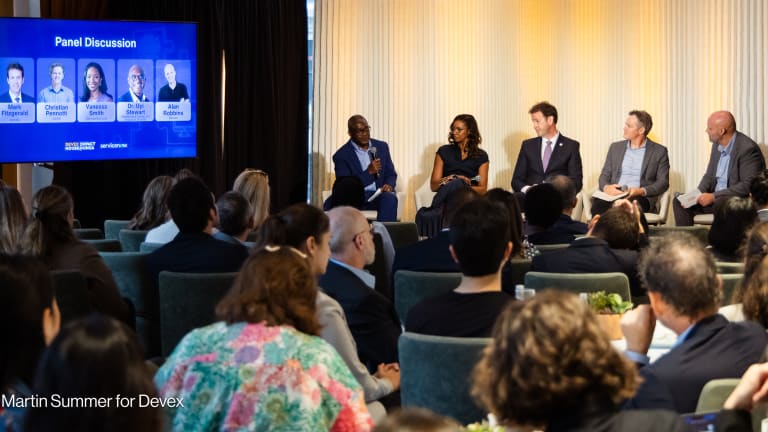Localization is failing. If international humanitarian organizations want to transform power dynamics in the sector, change is needed in how they see and describe their work — starting with specific words and expressions. By critically examining and changing the language we use, we can begin to dismantle the subtle power imbalances that have long plagued global development.
In 2016, some of the world’s biggest donors and humanitarian organizations signed the “Grand Bargain” — a pledge to shift more funding and decision-making toward people in countries where humanitarian programs take place.
Signatories agreed to give 25% of their funding to national and subnational organizations in the countries where programs operate by 2020. But the rate was only 3.4% that year, which dropped to 1.8% in 2022.








